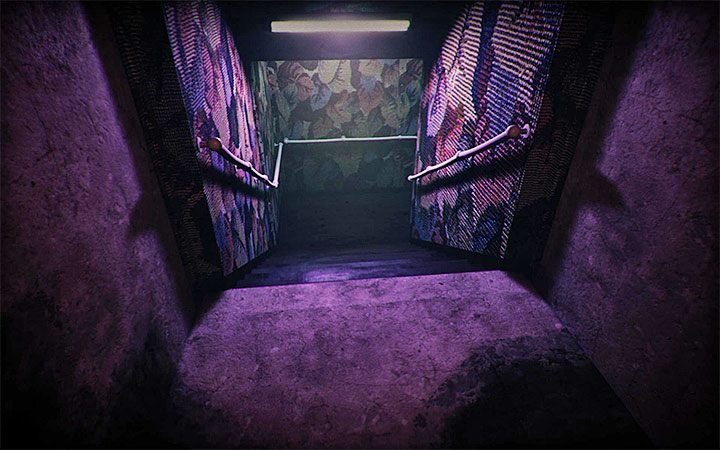

To determine if KDM5A mutations cause ASD in humans, we screened whole exome sequencing and microarray data from a clinical cohort. Loss of KDM5A also resulted in dysregulation of the hippocampal transcriptome. In addition, Kdm5a -/- mice displayed repetitive behaviors, sociability deficits, cognitive dysfunction, and abnormal dendritic morphogenesis. To validate our discovery, we generated a Kdm5a knockout mouse model ( Kdm5a -/-) and confirmed that inactivating Kdm5a disrupts vocalization. Through a forward genetics approach selecting for defective vocalization in mice, we identified Kdm5a as a candidate ASD gene. Brain Institute, University of Texas Southwestern Medical Center, United States Īutism spectrum disorder (ASD) is a constellation of neurodevelopmental disorders with high phenotypic and genetic heterogeneity, complicating the discovery of causative genes. Department of Psychiatry, University of Texas Southwestern Medical Center, United States.Department of Neuromuscular Diseases, University College London, Queen Square Institute of Neurology, United Kingdom.Department of Pediatrics and Genetics, University of Colorado School of Medicine, United States.Department of Genetics, King Saud Medical City, Saudi Arabia.Department of Medical Genetics, University of British Columbia, British Columbia Children’s and Women’s Hospital Research Institute, Canada.


Cellular and Molecular Research Center, Sabzevar University of Medical Sciences, Islamic Republic of Iran.Department of Genetics, King Faisal Specialist Hospital and Research Centre, Saudi Arabia.The Saxon Epilepsy Center Kleinwachau, Germany.Institute of Human Genetics, University of Leipzig Medical Center, Germany.Texas Children’s Hospital, United States.Department of Molecular and Human Genetics, Baylor College of Medicine, United States.Center for the Genetics of Host Defense, University of Texas Southwestern Medical Center, United States.Department of Neuroscience, University of Texas Southwestern Medical Center, United States.Eugene McDermott Center for Human Growth and Development, University of Texas Southwestern Medical Center, United States.


 0 kommentar(er)
0 kommentar(er)
